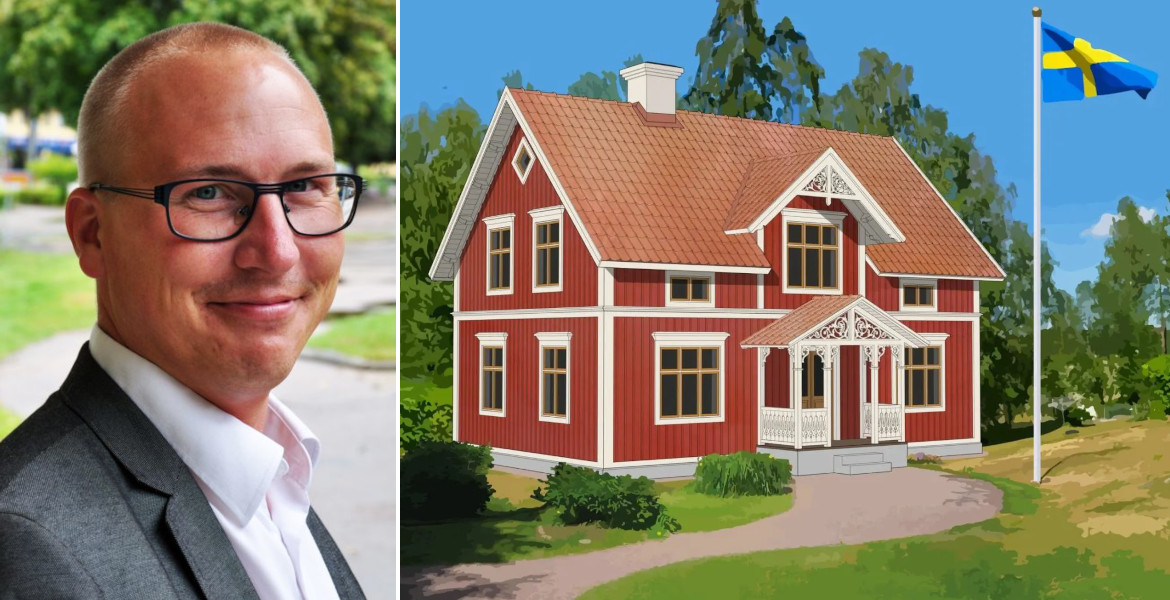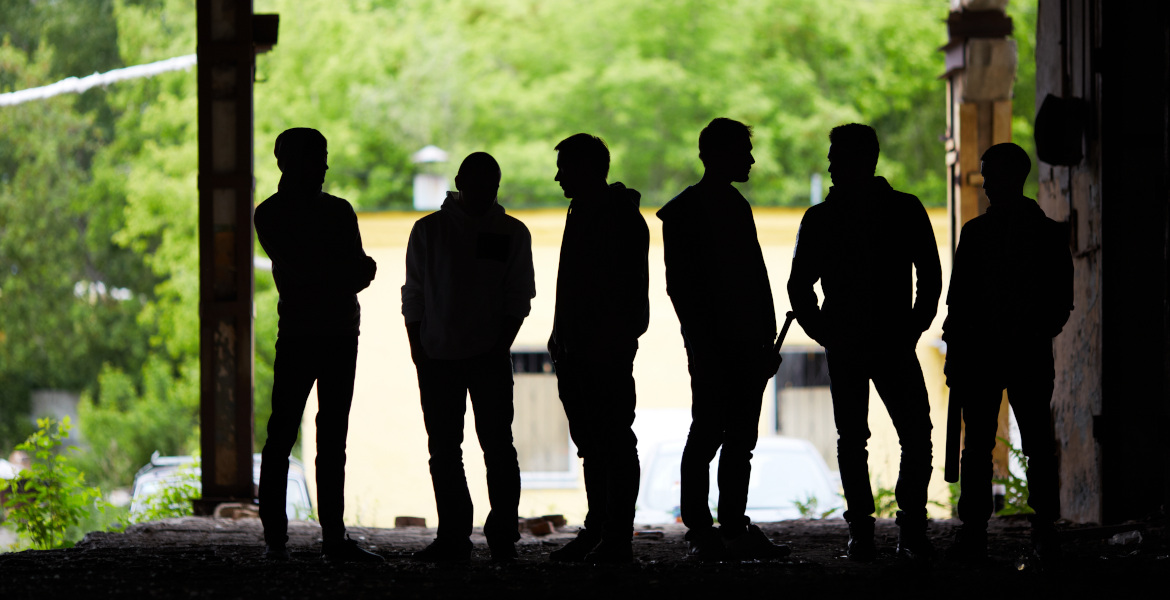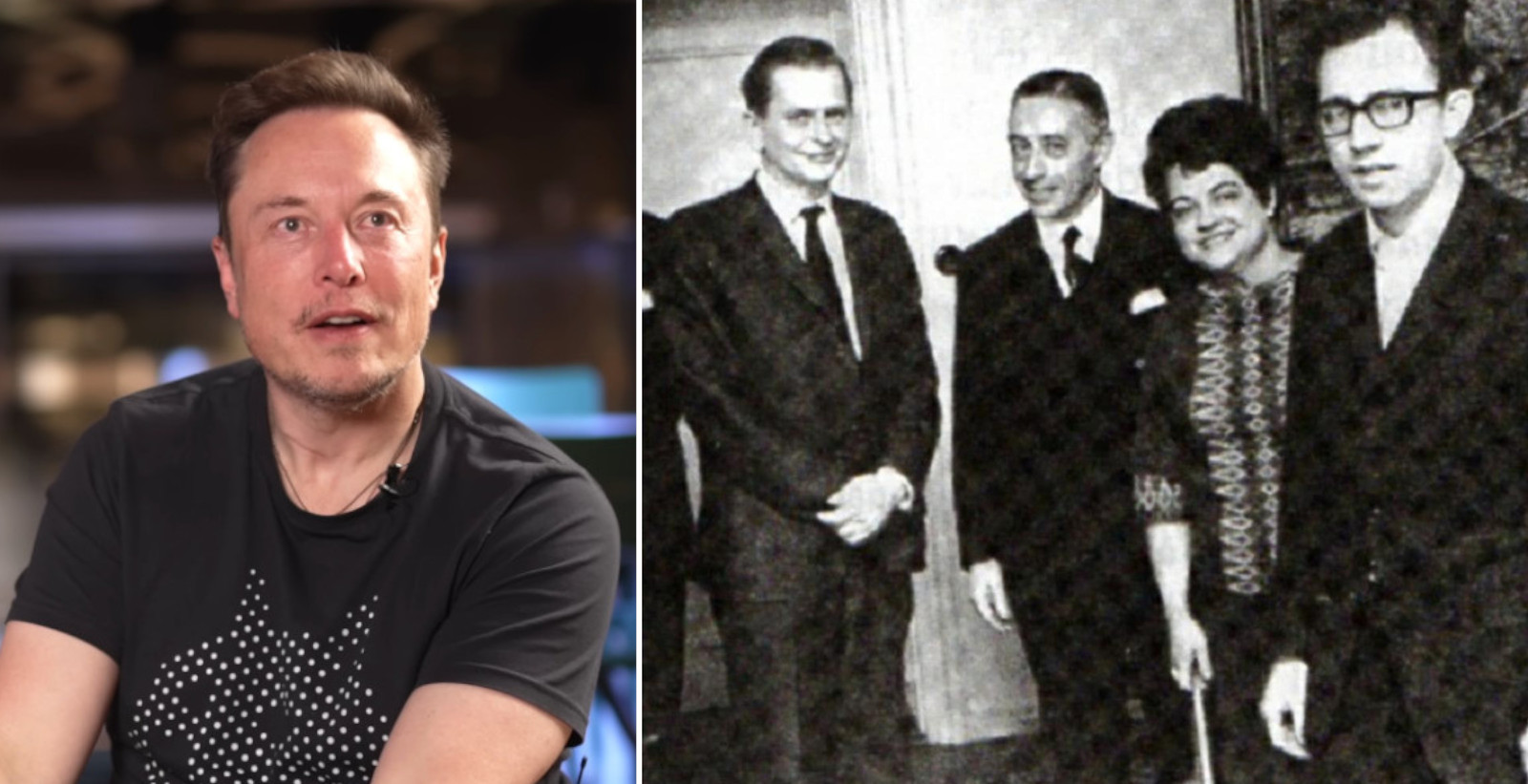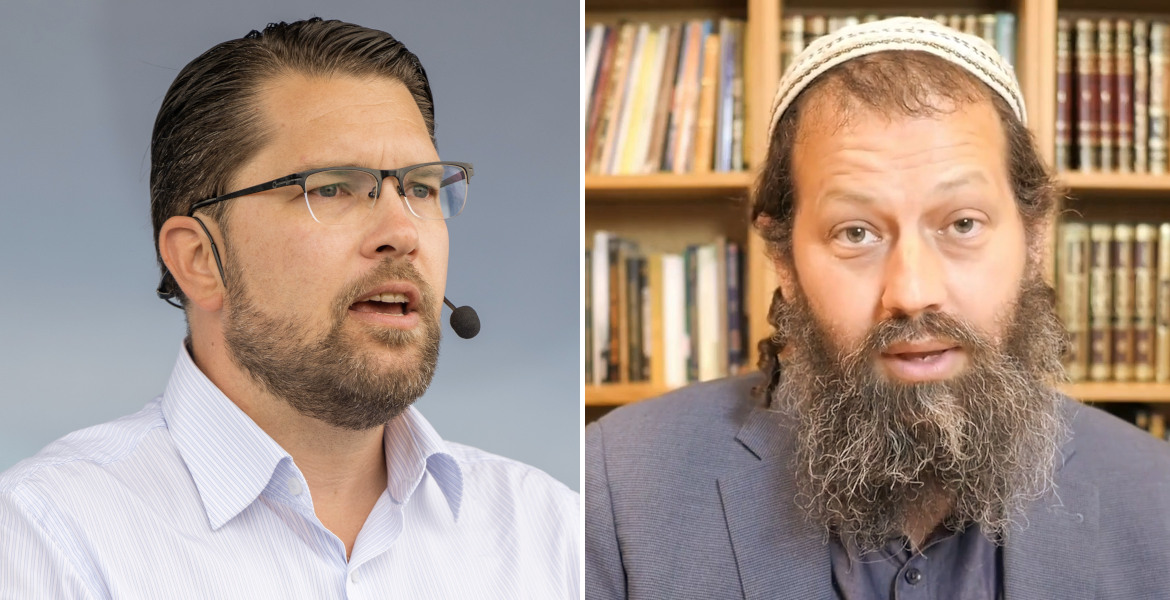The Swedish government is tasking the National Board of Housing (Boverket) with developing proposals for type-approved small houses that can be built without building permits. The idea is based on the Sweden Democrats' original 2022 proposal for a red wooden house in traditional Swedish style.
On Monday, the government announced that Boverket (Sweden's National Board of Housing) will be tasked with investigating how type approval of small houses can be implemented. This involves realizing the Sweden Democrats' idea of the "Sweden House" – a house model that should be able to be built anywhere in the country without requiring building permits.
— We know that many people want to live in small houses but far too few are being built. With a type-approved Sweden House that can be erected anywhere in the country, building processes can become significantly shorter and more efficient, says Infrastructure and Housing Minister Andreas Carlson from the Christian Democrats (KD).
Red house with white corners
When the Sweden Democrats presented their original proposal before the 2022 election, it was visualized as a classic red house with white corners. The party then proposed a nationally type-approved wooden small house of 150 square meters of living space, designed as a 1.5-story villa in traditional Swedish architectural style.
According to the Sweden Democrats' housing policy spokesperson, Mikael Eskilandersson, at least one of the type-approved house models will be designed in "traditional Swedish building style".
— A red cottage with white corners is perceived as safe and pleasant, says Eskilandersson.
He emphasizes that the cultural element in the houses' design will be considered in the investigation.
— We see this as our proposal now becoming reality, even regarding the cultural aspect of how the building will look, he says.
Aims to simplify and shorten the building process
The assignment to Boverket means that the agency will map current regulations and propose models for type-approved small houses that do not require building permits. Boverket will also investigate the conditions for exempting such houses from other requirements that complicate or make construction more expensive.
In Sweden today, there is no possibility to get a small house type-approved for construction throughout the entire country. This means that every new small house needs to be specifically reviewed by the municipal building committee.
According to the Sweden Democrats' original proposal, a type-approved house could save the builder between €2,200 and €4,400 in fees, while significantly shortening processing time.
Criticism from the Center Party
However, the proposal met sharp criticism from opposition parties. The Center Party in Stockholm calls the initiative "a mockery of all young adults" and argues that it is unrealistic as a solution to the housing shortage.
— That this is the government's only answer to the housing shortage is a mockery of all young adults, single parents and essential workers who today are forced to live in sublet housing, says Jonas Naddebo from the Center Party (C), group leader in Stockholm city.
Boverket is to report on its assignment by June 2026 at the latest.





